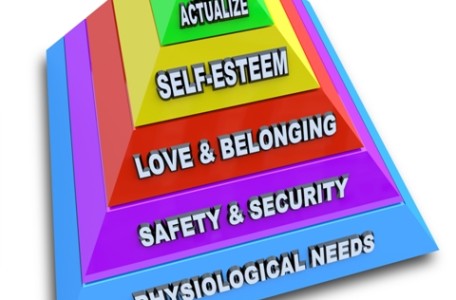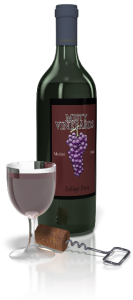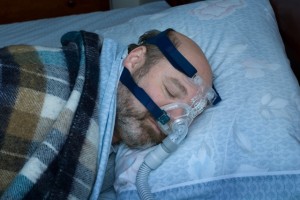Often I reflect on whom I am accountable to and what steps and procedures I need to accomplish successfully to stay on point. Am I going to be on time for a meeting or appointment? How am I communicating with my peers? What are my exercise habits? Often we rely on others to assist us with this accountability. Today, I propose another format. Lets take a look at what I believe is the groundwork needed to succeed in any model or plan.
What Is Accountability?
Accountability is viewed as being responsible or giving an explanation of your actions. But this is only ONE form. I want to turn the focus to you. When you hold yourself 100% responsible for holding YOURSELF accountable: YOUR relationships will flourish, your personal market value will soar, people will respect you more, you’ll be a greater example for others to follow, and your self esteem will grow. Notice here the common word is YOU and now the focus turns inward versus outward or towards others.
I’ve found a great read on accountability and want to share the same with you. The book is titled Little Things Matter Book | 100 Ways To Improve Your Life Today and is written By Todd Smith (littlethingsmatterbook.com) In it, Smith speaks of accountability and breaks the broader definition into 3 forms.
Smith’s Three Forms of Accountability
1. Your Actions and Choices- These include how you communicate with others, how you spend your time, the consideration you show others, and your exercise and eating habits.
2. Your Responsibilities-These include returning calls and emails, being on time for your appointments, and doing things you agree to do when you agree to do them.
3. Your Goals-This could include financial desires, your fitness and health, or your personal family objectives. Accountability is nothing more than the follow through of YOUR Commitments and Responsibilities.
The How To
How are YOU going to change the focus of your Accountability and directly take responsibilities? Here are some of Smiths’ tips: 1.Use a Website to track Food and Exercise 2. Use a paper journal 3. Hire a personal trainer 4.Workout with a friend or partner 5. Sign up for classes 6. Rules need to be established beforehand 7. BE FLEXIBLE TO ALLOW COMPLIANCE.
I love introducing Abraham Maslow’s Philosophy on reaching Self Actualization and this is a good place to refer to Abe. Remember the Pyramid? Take a look at this link and it may shed a new light on where I want you to go with this thought process. I’ve attached a couple quick links for you here :
http://brainblogger.com/2013/
https://en.wikipedia.org/wiki/
I propose small steps on your behalf to start to take the onus of accountability off others and direct them on to yourself. Achieving small steps in this transitional phase will enhance your overall well-being. SAK





